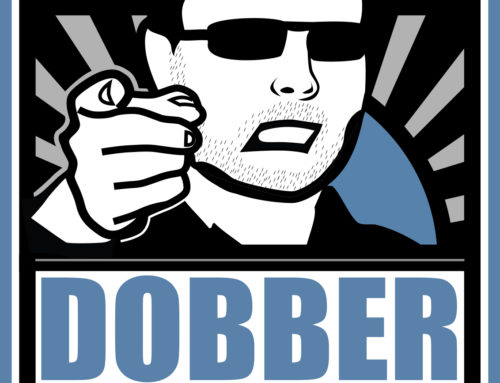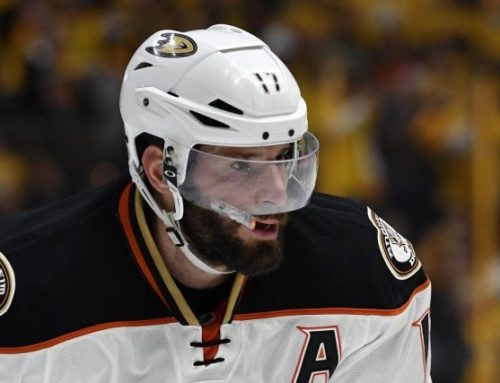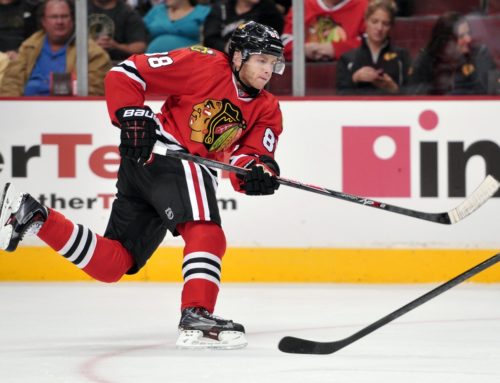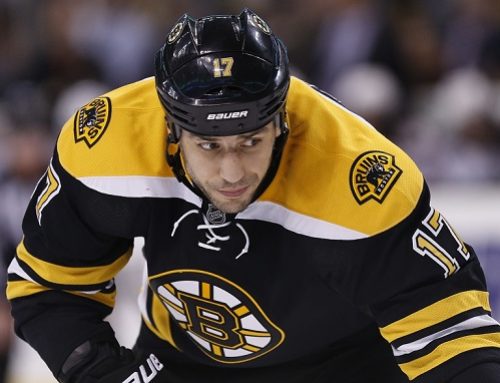
Finding the balance between youth and experience is a difficult process in any keeper league. GM’s, for whatever reason, tend to put too much value into owning young potential superstars, which can disrupt the main goal of winning your pool. A salary cap league is no different, but there is a rather large benefit in finding that 18 or 19 year old that can step directly into the NHL and make an instant impact.
Being able to fill a roster spot with a player on his entry-level contract allows for major roster flexibility and can also open trading doors as there are always GM’s looking to unload a fat contract. A big part of being a good GM is knowing when and where to make your deals. Taking advantage of a "need to move" situation is a fantastic way to get big return for a low price. In addition to flexibility, it’s extremely beneficial to have a "steady" roster, one that isn’t going to create headaches each year with multiple players' receiving a bump in salary. Too much cap maintenance and roster management is a nuisance and can force your hand into making a deal, which is a vulnerable situation.
The move to a salary cap league by the NHL actually benefits those who partake in salary cap fantasy leagues. With teams looking to lock up players to long-term, cap-friendly contracts, it has become somewhat easier to stock your team with these "steady" players. Conversely, some of those contracts can be cap killers (see Lecavalier, Vincent) and can backfire in the long term. Much like in the NHL, having some cap space coming in to each year is important, as trading becomes much more of a numbers game than it does in your typical keeper league. No matter what, at some point in time you will have to deal with big raises to your top players.
Limiting the amount of players due each year can help ease the pain of fitting those increases under your cap. If more than one of your players gets that hefty raise they want, your work is then cut out for you. A perfect example of this is the recent monster of a contract signed by Pekka Rinne, a member of my "Bargain Goalie" list. Rinne is worth every penny of that $7 million he’s due to make, but the challenge lays in fitting that $3.5 million into your roster.
Imagine as a Rinne owner that you also keep Erik Karlsson and Jamie Benn; lucky you. Currently at a cap hit of $1,300,000 and $821,667 respectively, both players are huge bargains and are due for big raises, even as restricted free agents. Their value to their NHL/fantasy* team will not go unrecognized and a combined raise of $5 million is not out of the question. Finding a way to work $8.5 million into a roster all in one year is no easy feat and can have a negative impact on your team. Looking ahead and being aware of what kind of raises are coming is very important and is the difference between being a consistent challenger and a one-year-wonder.
*There are a variety of styles of cap-pools out there, but it's safe to assume that most will be tied to the same type of "raise by production" system and timing (RFA, UFA status) that an NHL team or typical salary cap league would use.
To stay on top of surprises and ahead of your competition, plan ahead much like you would for a yearly budget. Get down on paper what you expect your team to look like and factor in any raises that are due. For example:
|
2011/12 ROSTER |
2012/13 ROSTER |
|
C- Jonathan Toews – $6,300,000 |
C- Jonathan Toews – $6,300,000 |
|
C- Henrik Sedin =$6,100,000 |
C- Henrik Sedin =$6,100,000 |
|
LW- Shane Doan = $4,550,000 EXP! |
LW- Shane Doan = EST $5,000,000 |
|
RW- Patrick Kane = $6,300,000 |
RW- Patrick Kane = $6,300,000 |
|
D- Keith Yandle = $5,250,000 |
D- Keith Yandle = $5,250,000 |
|
D- PK Subban = $875,000 EXP! |
D- PK Subban = EST $3,500,000 |
|
G- Henrik Lundqvist = $6,875,000 |
G- Henrik Lundqvist = $6,875,000 |
|
G- Carey Price = $2,750,000 EXP! |
G- Carey Price = EST $6,000,000 |
|
TOTAL = $39,000,000 |
TOTAL = $45,325,000 |
Here, you've managed to prepare a year ahead for a potential $6,325,000 increase in salary which allows you to either make moves during the season or off-season, look for specific cap-efficient players in your annual draft, or make sure that your increase fits under any sort of cap change or raise that your league might apply each year (my league applies an increase/decrease based on what the actual NHL cap does). By marking your expiring contracts in the current year and then applying your own estimated raises (go high to avoid surprises), you are now fully aware of what you need to be prepared for in the upcoming season. Having as many players on your roster with long-term contracts, as well as staggering the year of expiration, is good business.
This list is a quick focus on cheaper contracts. There are a lot of long-term contracts out there, but not all of them can be categorized as "cap-friendly." A minimum of three years on the remaining contract is a prerequisite and multi-cat players get the nod over pure points. Next week`s article will continue with the theme of "future planning" and roster flexibility, with the focus on the type of depth needed to win your salary cap pool.
FORWARDS:
Dustin Brown – $3,175,000 until 2014
Claude Giroux – $3,750,000 until 2014
Phil Kessel – $5,400,000 until 2014
Joe Pavelski – $4,000,000 until 2014
Logan Couture – $1,241,667 until 2012/$2,875,000 until 2014
Steve Ott – $2,950,000 until 2014
Bobby Ryan – $5,100,000 until 2015
Alex Tanguay – $3,500,000 until 2016
Rene Bourque – $3,333,333 until 2016
Ryan Kesler – $5,000,000 until 2016
David Backes – $4,500,000 until 2016
Loui Eriksson – $4,250,000 until 2016
Kyle Okposo – $2,800,000 until 2016
Michael Grabner – $3,000,000 until 2016
James van Riemsdyk – $4,250,000 until 2018
John Tavares – $3,750,000 until 2012/$5,500,000 until 2018
Johan Franzen – $3,954,545 until 2020
Jeff Carter – $5,272,272 until 2022
DEFENSE:
Kris Letang – $3,500,000 until 2014
Adam Larsson – $925,000 until 2014
Keith Yandle – $5,250,000 until 2016
Christian Ehrhoff – $4,000,000 until 2021
Duncan Keith – $5,538,462 until 2023
GOALTENDERS:
Corey Crawford – $2,666,667 until 2014
Semyon Varlamov – $2, 833, 333 until 2014
Jaroslav Halak – $3,750,000 until 2014
Marc-Andre Fleury – $5,000,000 until 2015





 TOR
TOR S.J
S.J ANA
ANA EDM
EDM CAR
CAR DET
DET CGY
CGY VAN
VAN MIN
MIN CBJ
CBJ
